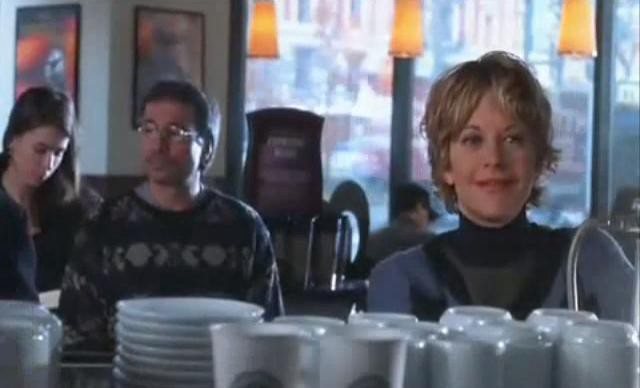Three Economic Terms to Help Explain My Coffee Addiction
by Stephanie Stern

Maybe you’re like me, and you have a coffee habit that involves paying someone way too much money to make you a cappuccino way too many times a week. Almost every day, you find yourself calculating how much money you would save each year if you just didn’t buy coffee, and then deciding over and over again that it’s worth it. (Not only did you just spent $4 on a coffee, but now you’ve wasted your mental energy too.) Maybe you’ve heard the financial wisdom that cutting out buying coffee is a good way to save (e.g. yourlatte factor). Here are three economic concepts to remember when putting yourself through this, or similar mental anguish over how you spend your money.
Opportunity Costs
• In economic terms: “The true cost of something is what you give up to get it. This includes not only the money spent in buying (or doing) the something, but also the economic benefits (utility) that you did without because you bought (or did) that particular something and thus can no longer buy (or do) something else.”
• In plain English: It’s what you give up in order to do something else.
So the cost of my cappuccino is not just the $4, but it’s also not putting that money towards something else. OK, a coffee a week and one less pair of shoes a year … I’ll take that trade-off. When I’m debating between two pairs of shoes — one for $80, and one for $120, I’ll take the $80 pair and 10 coffees, please.
Sunk Costs
• In economic terms: “When what is done cannot be undone. Sunk costs are costs that have been incurred and cannot be reversed, for example, spending on advertising or researching a product idea.”
• In plain English: costs that you’ve already paid for shouldn’t be factored into decisions of future spending.
All of the equipment that I’ve purchased to make coffee at home, that sad French press and coffee grinder that look longingly at my when I head out the door to the cafe, those are sunk costs. I might feel guilty about them collecting dust on my shelf, but I don’t need to factor in how much I paid for them when I debate whether or not to spend an additional $4 on a coffee this morning!
Diminishing Returns
• In economic terms: “The more you have, the smaller is the extra benefit you get from having even more; also known as diseconomies of scale.”
• In plain English: The more you have of something, the less valuable each additional one of that thing is.
In other words, the more coffee you buy, the less you enjoy each additional cup. OK, so maybe only one coffee a week (or at least only one per day).
So while it’s worth it to make sure I’m enjoying each cup, maybe giving up coffee won’t be where I save money. Let’s face it, there is a cost of giving up coffee, and for me, it is too much to bear. It brings me joy, and gives my productivity level a boost in the morning — those things have value. Maybe I’ll give up the mental calculations instead.
Steph Stern works in energy and environmental policy in the San Francisco Bay Area. She writes about careers and life choices at Small Answers (or follow on Twitter: @smallanswers). Economic definitions from The Economist.
Support The Billfold
The Billfold continues to exist thanks to support from our readers. Help us continue to do our work by making a monthly pledge on Patreon or a one-time-only contribution through PayPal.
Comments